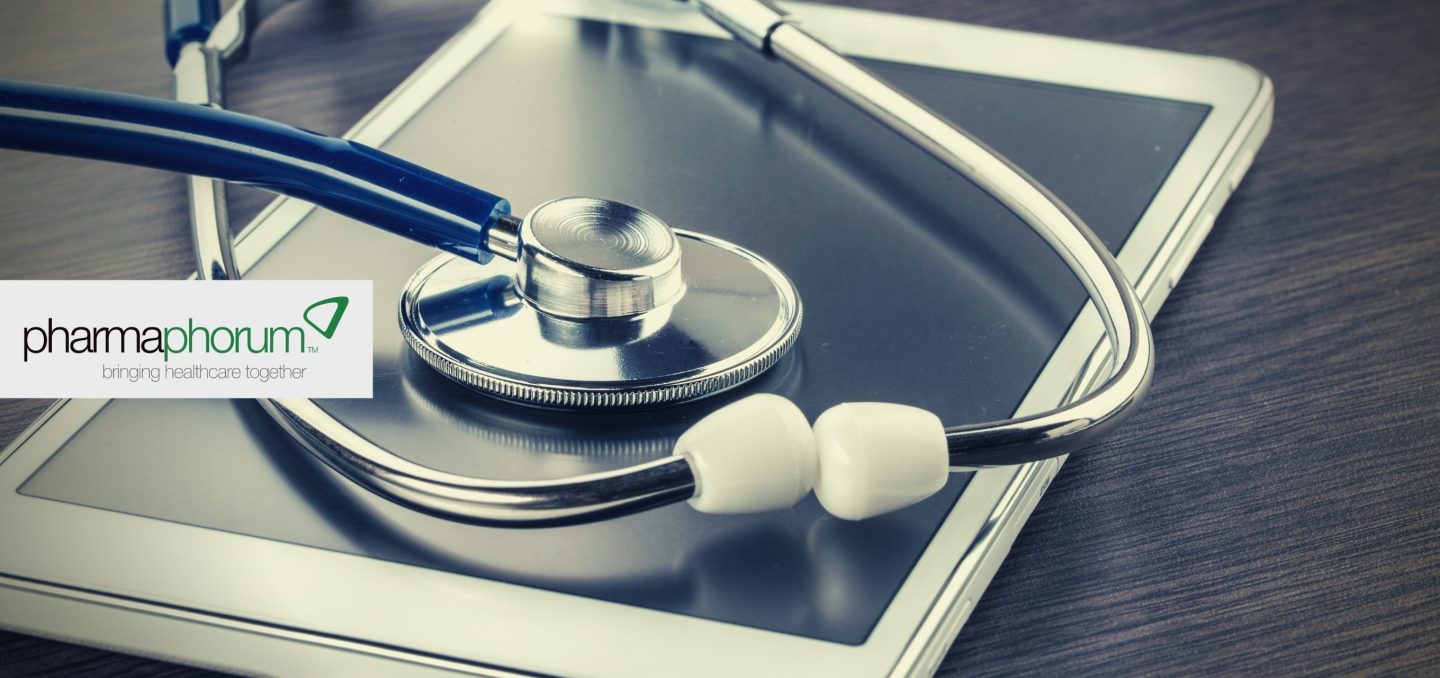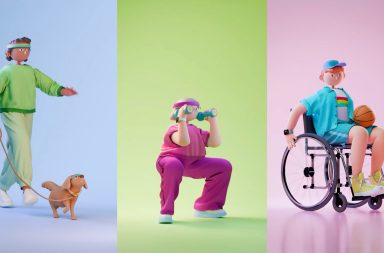The COVID-19 pandemic has brought healthcare guidelines and scientific advances front-of-mind on a global scale, in the process highlighting long-standing gaps in health literacy as well as an opportunity for pharma.
It’s long been known that many people struggle to access, understand and use health information and services to make decisions about their health.
As the WHO noted in 2013: “Knowledge societies in the 21st century confront a health decision-making paradox. People are increasingly challenged to make healthy lifestyle choices and manage their personal and family journeys through complex environments and health care systems but are not being prepared or supported well in addressing these tasks.”
Just how unprepared people are has been laid bare time after time. According to the 2012 European Health Literacy Survey, 29% to 62% of people across eight EU member states had inadequate or problematic health literacy.
And that’s before national television briefings began on COVID’s ‘R number’, an ever-mutating set of restrictive rules and an evolving understanding of the science behind a novel coronavirus first identified on 7 January 2020.
Alongside COVID’s devastating effects, 2020 also saw a raging misinformation pandemic as fake science and conspiracy theories spread rampantly online, often peddled by those in power, such as the former US president Donald Trump.
In times of uncertainty and ‘fake news’, it is our responsibility to provide guidance and clarity to our patients and consumers



